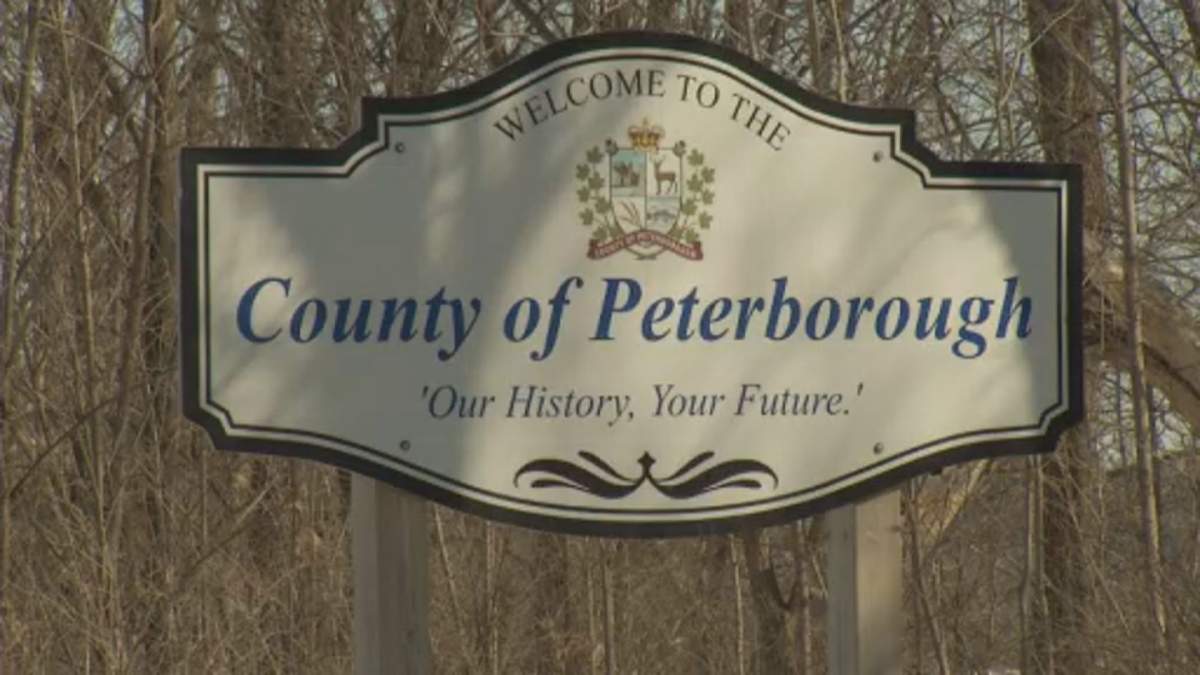Peterborough County is continuing its work to develop a new official plan.

It will be a 10-year document to “provide direction and guidance on how land will be used and provides policy to ensure that future development will meet the needs of the community, while at the same time implementing relevant provincial legislation.”
The plan, which is in the draft stage, will not only be the official plan for the county, but will also serve seven of its eight municipalities, up from four in the last plan, with the addition of Trent Lakes, Havelock-Belmont-Methuen and Otonabee-South Monaghan, with the exception of Cavan Monaghan Township.
“I just want to let council know what a process this has been,” said director of planning and public works Bryan Weir. “It’s been very complicated.”
On Wednesday, county council hosted a virtual public meeting for this process.
There were 13 members of the public registered to speak to council, although not all of them joined the Zoom session.
Some of the issues and concerns brought to the table included agriculture and rural land designation, development and settlement areas and waterfront preservation.

Get breaking National news
But two residents spoke out about short-term rentals in waterfront residential areas and their hopes the county will designate them as prohibited.
“Please do the right thing. Take the time to properly consider short-term rentals, what are they and how do they fit,” said Debra Satok, Douro-Dummer resident.
“If you haven’t lived beside a short-term rental, you’re lucky. Instead of the neighbour, who you might ask to borrow some eggs from, you get a party house.”
Another resident, Brian Turner, agreed with Satok and said he had experience living beside a short-term rental.
“This is not a bed and breakfast operation. There is no one on site to take responsibility for that actions of the paying guests,” he said.
“Policing of rowdy behaviour is left to us as neighbours. With a new group of strangers next door every week, nightly fires and constant noise and stray dogs wandering our property, we’ve lost the sense of safety, peace and tranquility in our own home. As such, we are strongly considering moving elsewhere.”
“Brian, we hear you. We hear you loud and clear,” replied warden J. Murray Jones.
The draft official plan will reflect growth targets under the 2019 Growth Plan and provincial methodology, including excess lands, whereas the current official plan reflects targets from 2006.
It will also provide protection to all wetlands and other key natural heritage and hydrological features in accordance with current plans and will expand protection for agricultural areas through designations based on provincial agricultural systems mapping.
The new plan will also include a natural heritage system based on provincial mapping, whereas the current plan has no system at all.
Next steps include making revisions based on public comments received, providing council with a revised draft official plan and land use schedules, formally releasing the revised plan to the public and receiving supporting resolution from local municipalities.
Council will meet again on June 1 and will debate the plan further with the goal of adopting it and sending it to the province for approval by July 1.








Comments
Want to discuss? Please read our Commenting Policy first.